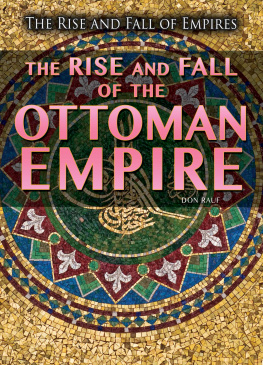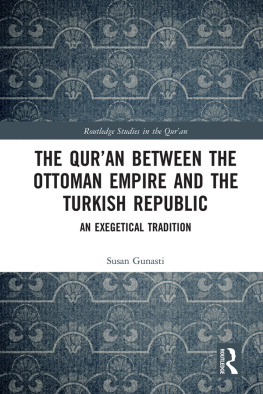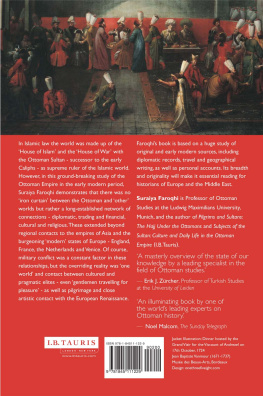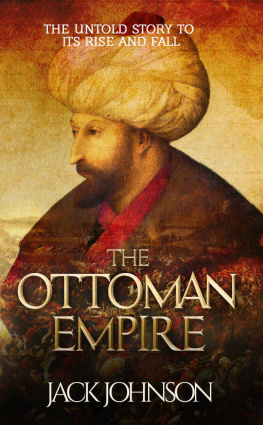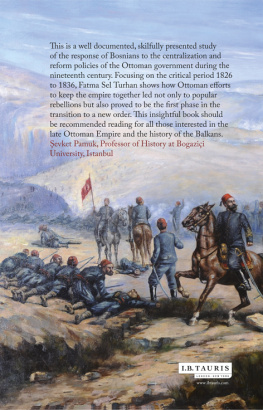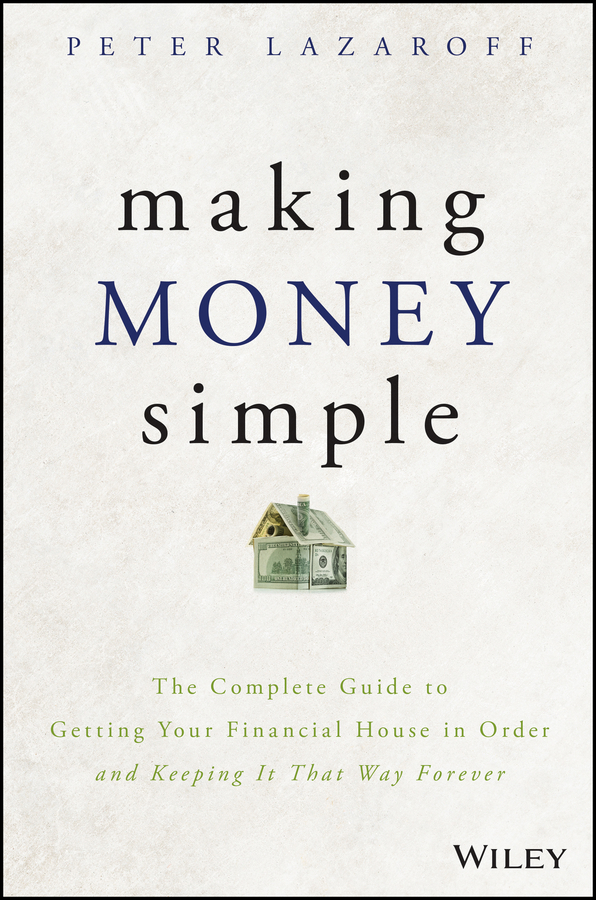
Table of Contents
List of Illustrations
- Chapter 1
- Chapter 2
- Chapter 3
- Chapter 4
- Chapter 5
- Chapter 6
- Chapter 7
- Chapter 8
- Chapter 9
- Chapter 11
- Chapter 12
Guide
Pages
Making Money Simple
The Complete Guide to Getting Your Financial House in Order and Keeping It That Way Forever
Peter Lazaroff

Copyright 2019 by Peter Lazaroff
Published by John Wiley & Sons, Inc., Hoboken, New Jersey.
Published simultaneously in Canada.
No part of this publication may be reproduced, stored in a retrieval system, or transmitted in any form or by any means, electronic, mechanical, photocopying, recording, scanning, or otherwise, except as permitted under Section 107 or 108 of the 1976 United States Copyright Act, without either the prior written permission of the Publisher, or authorization through payment of the appropriate percopy fee to the Copyright Clearance Center, Inc., 222 Rosewood Drive, Danvers, MA 01923, (978) 7508400, fax (978) 6468600, or on the Web at www.copyright.com. Requests to the Publisher for permission should be addressed to the Permissions Department, John Wiley & Sons, Inc., 111 River Street, Hoboken, NJ 07030, (201) 7486011, fax (201) 7486008, or online at www.wiley.com/go/permissions.
Limit of Liability/Disclaimer of Warranty: While the publisher and author have used their best efforts in preparing this book, they make no representations or warranties with respect to the accuracy or completeness of the contents of this book and specifically disclaim any implied warranties of merchantability or fitness for a particular purpose. No warranty may be created or extended by sales representatives or written sales materials. The advice and strategies contained herein may not be suitable for your situation. You should consult with a professional where appropriate. Neither the publisher nor author shall be liable for any loss of profit or any other commercial damages, including but not limited to special, incidental, consequential, or other damages.
For general information on our other products and services or for technical support, please contact our Customer Care Department within the United States at (800) 7622974, outside the United States at (317) 5723993, or fax (317) 5724002.
Wiley publishes in a variety of print and electronic formats and by printondemand. Some material included with standard print versions of this book may not be included in ebooks or in printondemand. If this book refers to media such as a CD or DVD that is not included in the version you purchased, you may download this material at http://booksupport.wiley.com. For more information about Wiley products, visit www.wiley.com.
Library of Congress CataloginginPublication Data is Available:
ISBN 9781119537878 (Hardcover)
ISBN 9781119537823 (ePDF)
ISBN 9781119537854 (ePub)
Cover Design: Wiley
Cover Images: background in-future/Getty Images, money house ValentynVolkov/Getty Images
Introduction
My first distinct memory of money was during a night out with my family at a local pizza shop. I don't remember how old I was, but I'd guess no older than six or seven. The restaurant had a jukebox and I asked my dad for money to pick out a song. Instead of handing over some change, my dad asked, Is it worth your money?
I told him no and he responded, Then it's not worth mine.
The next time we went to that restaurant, I found myself eyeing the jukebox again. And again, I asked my dad for some money to pick songs on the jukebox. My dad asked the same question: Is it worth your money?
This time, thinking I was clever, I said yes. Then my dad said, Great, then you can spend your own.
This lesson in the value of money is one of my most vivid memories as a child. My parents generally did the right thing with money: they didn't spend more than they earned and they were good savers. But beyond that, they didn't sit down and teach me about money. Money wasn't an offlimits topic, but it also wasn't a focal point of our routine family dinners. My perception is this isn't uncommon among most families.
So when do we get an opportunity to learn about money?
We don't learn about money basics in elementary school. We don't teach high school seniors how to budget or pay bills. Most college graduates don't take a course in personal finance or receive an unbiased education in the right way to invest money. It's even more unlikely they took a deep dive into financial planning topics like how to plan for retirement, buy a home, save for a child's education, or any other situations in life that require an understanding of how to manage money.
In school, you are given a lesson, then a test. In life, you are given a test and then you learn a lessonand money lessons can be expensive.
I was fortunate in that I took an interest in basic personal finance as a teenager. It started when my grandmother gave me a share of Nike stock for my 12th birthday. I remember sitting in my parents' living room near the Christmas tree (I have a December birthday) and thinking this gift was boring relative to the video games I also received.
But then we started talking about the mechanics of investing and how the share of stock meant I had an ownership stake in one of my favorite brands. Maybe it was the fact that Nike seemed to be worth more every time I checked the newspaper or maybe it was the dividend checks I received for doing no work at all, but it didn't take long for me to be hooked on the idea of investing.
A few years after that birthday, my parents took me to the bookstore to buy an investment book geared toward young adults. The first one I picked out was Peter Lynch's Learn to Earn: A Beginner's Guide to the Basics of Investing and Business. This book is arguably the most influential book I've ever read. Not necessarily because it was the best book, but it was the source that turned an interest into an obsession.
In high school, I asked my parents to subscribe to the Wall Street Journal so that I could read the Markets section. In college, I devoured books and periodicals on investing, personal finance, and economics. My parents were thrilled because I didn't like reading throughout most of my childhood. But reading about finance was different. Making good money decisions fascinated me. It was like solving a puzzle. There was a way to win, which appealed to my competitive personality. And while I deeply regret not reading more of my assigned materials in high school, to this day I can't figure out why some of these financial issues weren't being taught in the classroom, too.
What I read in those investment books stuck with me, and even before I reached adulthood, I was laser focused on making the right decisions with my money. As a kid, I worked as a referee for youth basketball games in the winter. In the summer, I worked as a camp counselor on the weekdays and then a car wash and restaurant on the weekends. I contributed the money I made from these seasonal jobs to a Roth IRA even before I went off to college. That early start with finances and investing set me up for success year after year in my adult life.
I didn't start with a lot of money. I didn't use any complicated strategies in an effort to beat the market. From the ages of 13 to 18, I worked and earned a little cash. I read some basic information and consumed enough material to stay interested and engaged. And I invested in the stock market.
Next page


